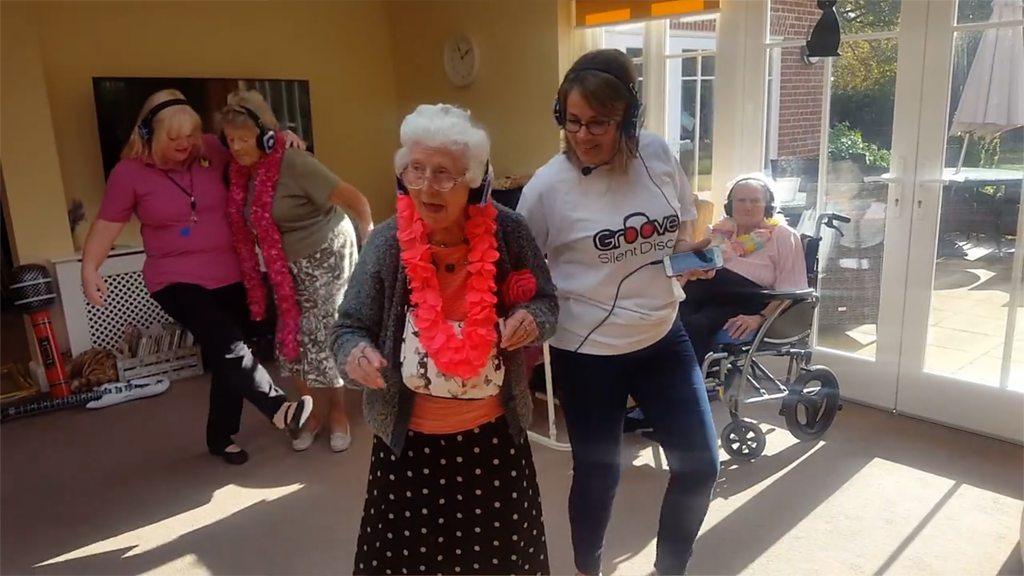Dementia carers needed for £1.23m UEA digital therapy platform
- Published
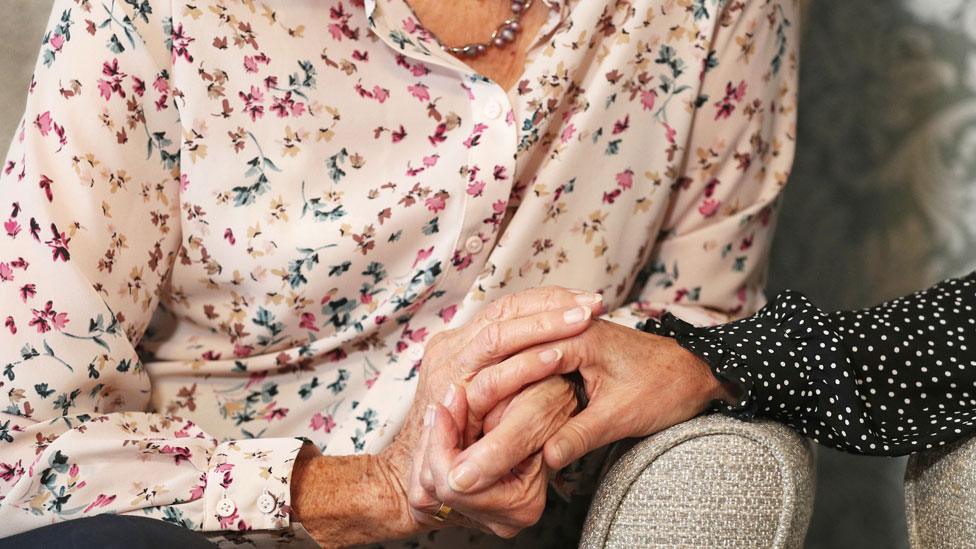
The project is aimed at adult carers looking after family members with dementia
A new project to help carers looking after people with dementia hopes it will improve their mental health.
Researchers at the University of East Anglia have created a digital therapy platform, for use on mobile devices, as part of the £1.23m project.
Lead researcher Dr Naoko Kishita said: "We know family carers of those living with dementia are at higher risk of mental health problems."
The project is looking for 500 volunteers to test it out.
"The therapy focuses on helping people handle difficult or troubling thoughts and feelings, whilst taking actions that are important to them, like looking after their own health," said Dr Kishita, from the university's School of Health Sciences.
The project, funded by the National Institute for Health and Care Research, wants to recruit adult carers looking after family members with dementia.
They will "need to be experiencing worry or stress", and have access to a smartphone, computer or tablet, and the internet, said the university.
Half the volunteers will receive the digital therapy, called iACT4CARERS, while the other half will not be given access to the platform.
Those allocated the digital therapy will be asked to complete eight online sessions.
They will also be assigned a therapist to support them through weekly feedback and one-to-one calls.
Dr Kishita said: "We believe this system could be a powerful tool to support family carers, who we know are vulnerable to mental health issues.
"And we hope that the online platform we have created will help improve the psychological well-being of carers."
She also hopes it will eventually become available across the UK.

Follow East of England news on Facebook, external, Instagram, external and X, external. Got a story? Email eastofenglandnews@bbc.co.uk, external or WhatsApp 0800 169 1830
Related topics
- Published15 November 2023
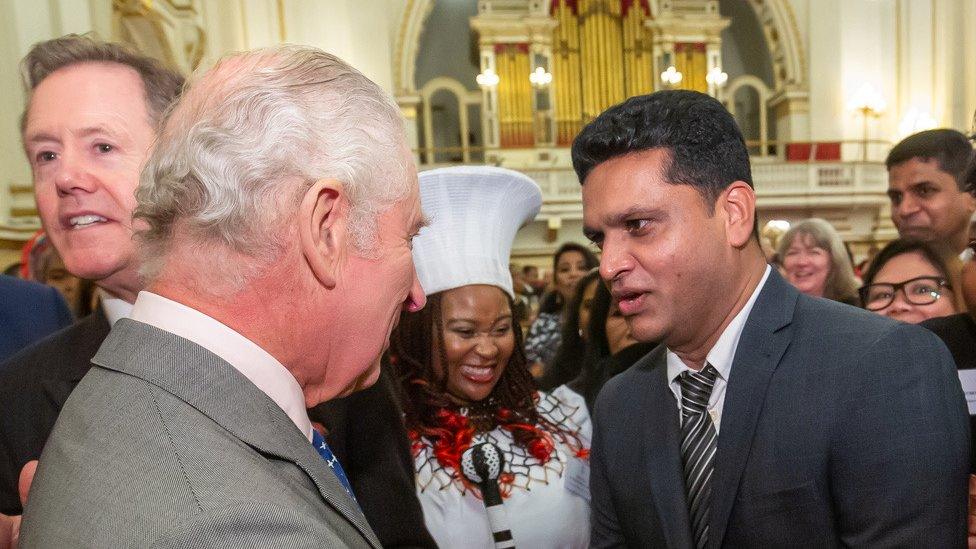
- Published3 August 2023
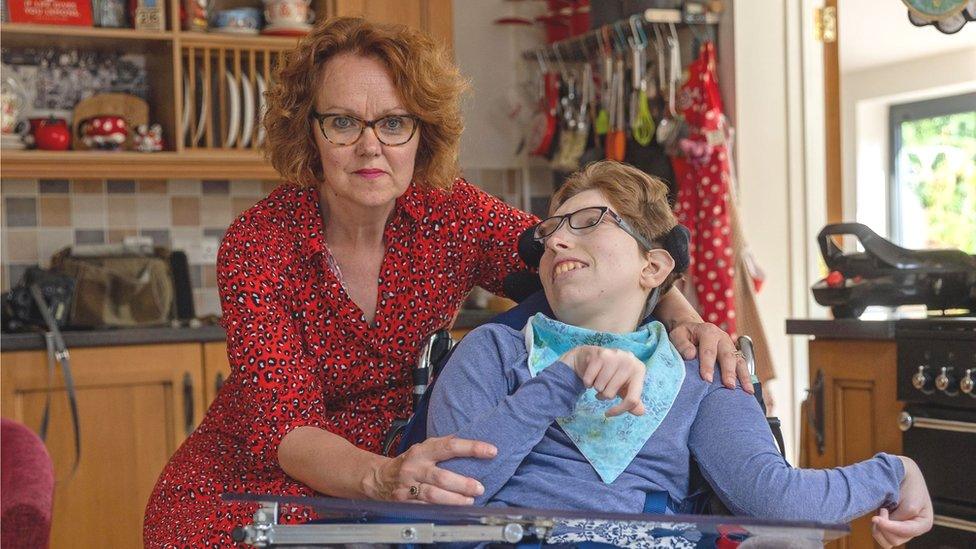
- Published13 October 2021
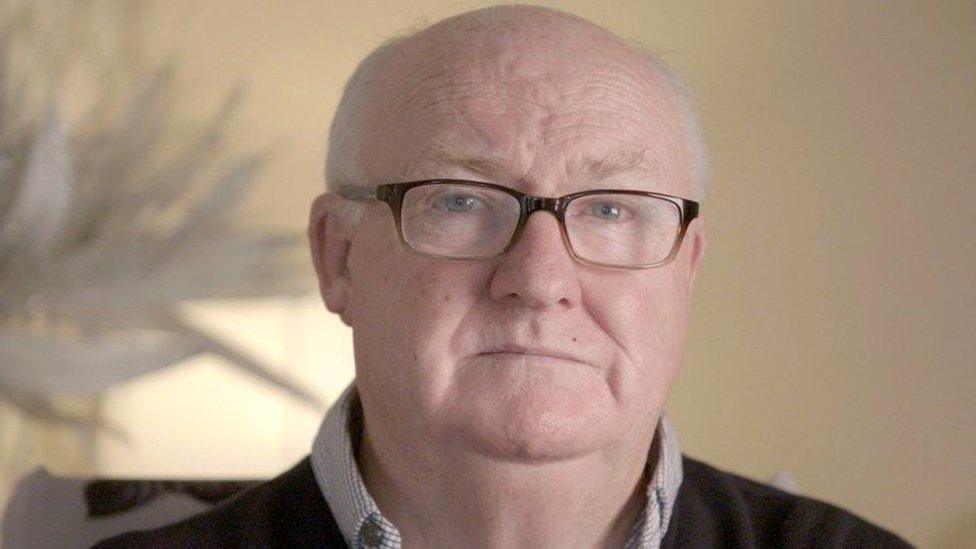
- Published22 August 2021
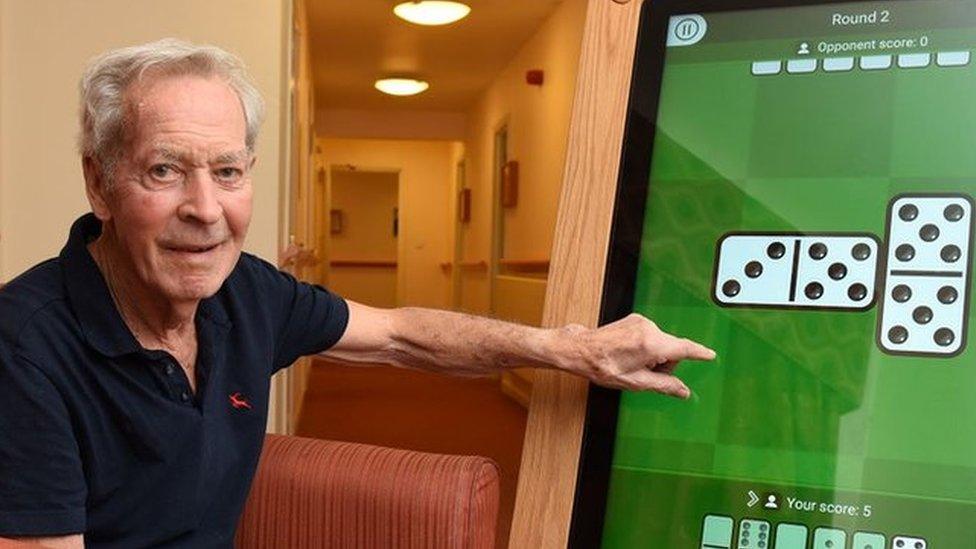
- Published20 October 2018
